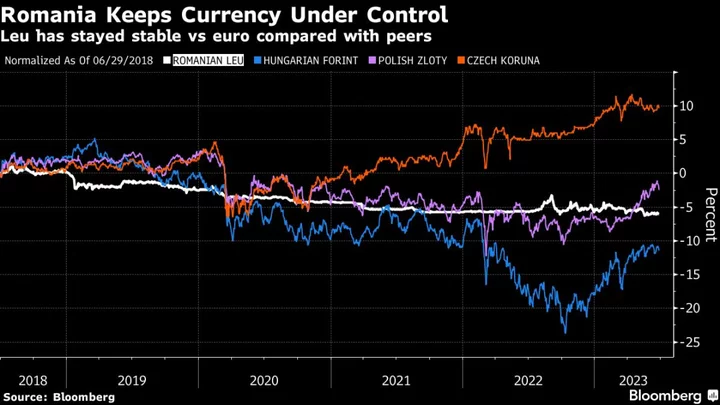Meta Platforms Inc. lost a court fight with European Union regulators who demanded vast amounts of data to help build an antitrust case against the social-network giant.
The EU General Court, the bloc’s second-highest court, dismissed the challenge, ruling on Wednesday that Meta had failed to prove that the request “went beyond what was necessary” or that EU measures taken since didn’t sufficiently protect sensitive data.
The case dates back three years, to when the European Commission started examining Meta’s sales platform and how it uses data from apps. While Meta says it cooperated and handed over more than a million documents, the company sued the EU’s executive arm in 2020 citing “the exceptionally broad nature” of the data requests.
While regulators can require companies to give documents mentioning certain keywords under threat of fines, Meta got a boost in 2020 when the EU court said it can’t be forced to hand over potentially sensitive records without a detailed review. Instead, the court ordered, the EU should work with Meta and store information in a virtual data room.
Read More: Meta Fined Record $1.3 Billion in EU Over US Data Transfers
Scrutiny of Meta added to EU probes into how Amazon.com Inc. collects data from retailers, which by now was settled, and investigations into Apple Inc.’s app store. Meta was hit with a formal EU complaint in December for allegedly squeezing out classified ad rivals by tying the Facebook Marketplace to its own social network.
The commission on Wednesday said it “set up and carried out the virtual data room” in line with the court’s interim decision in 2020 but “none of the documents consulted in the data room has been used as evidence in the statement of objections addressed to Meta.”
Meta said in a statement that it’s considering its options after the ruling.
It also said it welcomed “the court-established virtual data room, which recognized that purely private information — including personal medical files — has no relevance to any competition investigation.”
The cases are: T-451/20, T-452/20, Meta Platforms Ireland v. Commission.
(Updates with Meta, EU responses from sixth paragraph)









